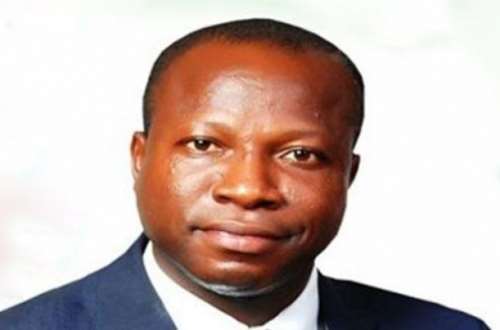Dr. James Kwabena Bomfeh, widely recognized as Kabila, has launched a pointed critique against the legality and operational framework of Operation Recover All Loot (ORAL), a task force established under the administration of former President John Dramani Mahama. ORAL, which includes prominent figures like retired COP Kofi Boakye and North Tongu MP Samuel Okudzeto Ablakwa, has been tasked with investigating allegations of corruption and recovering assets purportedly misappropriated during the tenure of the Akufo-Addo government. The task force’s recent activities have centered on identifying instances of alleged state land grabbing and corruption involving specific government appointees. Kabila’s central argument revolves around the absence of a clear legal and constitutional foundation for ORAL’s operations, questioning the source of its authority and the framework within which it functions.
Kabila’s concerns, articulated during an appearance on Peace FM’s Kokrokoo morning show, probe the fundamental legitimacy of ORAL. He questioned whether the task force constitutes a formally established Commission of Inquiry, and if so, under what legal instrument it operates. He further challenged its mandate, asking if it derives its authority from a presidential directive and, if so, what specific Executive Instrument governs its activities. This line of questioning underscores the potential for an extra-legal operation, raising concerns about due process, transparency, and accountability. The absence of a clear legal basis, according to Kabila, casts a shadow over ORAL’s actions and potentially undermines the credibility of its findings.
Beyond the question of legal grounding, Kabila also raised concerns about ORAL’s practical enforcement capabilities. He questioned whether the task force possesses the legal authority to summon individuals for questioning or to conduct investigations and make public accusations. This skepticism highlights the potential for overreach and abuse of power if the task force operates without defined legal boundaries. Without a clear mandate and defined powers, ORAL’s actions could be perceived as arbitrary and potentially undermine the principles of fair investigation and due process.
Kabila’s critique extends to the potential reputational damage caused by ORAL’s public pronouncements, particularly if the allegations of corruption and wrongdoing are subsequently proven false. He emphasized the difficulty in repairing reputations tarnished by unsubstantiated accusations, even if those individuals are later exonerated. This concern underscores the significant impact of public accusations on individuals’ careers, social standing, and overall well-being, highlighting the need for responsible and evidence-based investigations. Kabila’s argument emphasizes the importance of upholding the presumption of innocence and ensuring that accusations are based on credible evidence before being aired publicly.
Kabila’s concerns regarding ORAL’s operations can be further contextualized within the broader framework of Ghana’s legal and political landscape. The establishment of investigative bodies and task forces requires a clear legal foundation to ensure their actions are consistent with the principles of due process, transparency, and accountability. The absence of a clearly defined legal framework can raise concerns about potential overreach, arbitrary actions, and the politicization of investigations. It is crucial that such initiatives operate within the bounds of the law to maintain public trust and ensure the integrity of the investigative process.
Furthermore, Kabila’s emphasis on the potential reputational damage caused by unsubstantiated allegations reflects a broader concern about the responsible exercise of investigative powers. Public accusations, particularly those involving allegations of corruption and wrongdoing, can have far-reaching consequences for individuals’ reputations and careers. The presumption of innocence is a cornerstone of any just legal system, and it is crucial that investigative bodies exercise caution and restraint in making public pronouncements. The focus should be on conducting thorough and impartial investigations based on credible evidence, ensuring that accusations are not made lightly and that individuals are afforded the opportunity to defend themselves against allegations. This meticulous approach safeguards against potential abuses of power and ensures that investigations contribute to upholding the rule of law and promoting justice.














